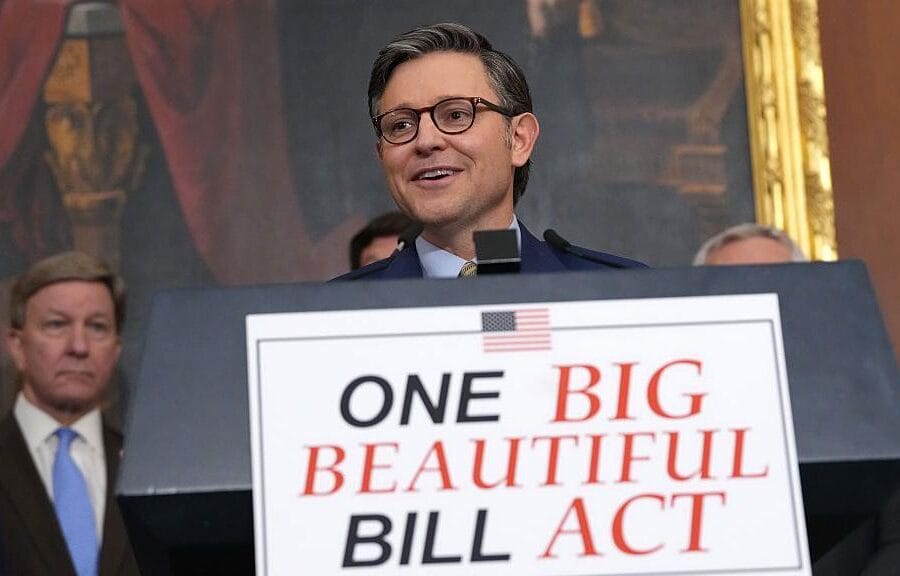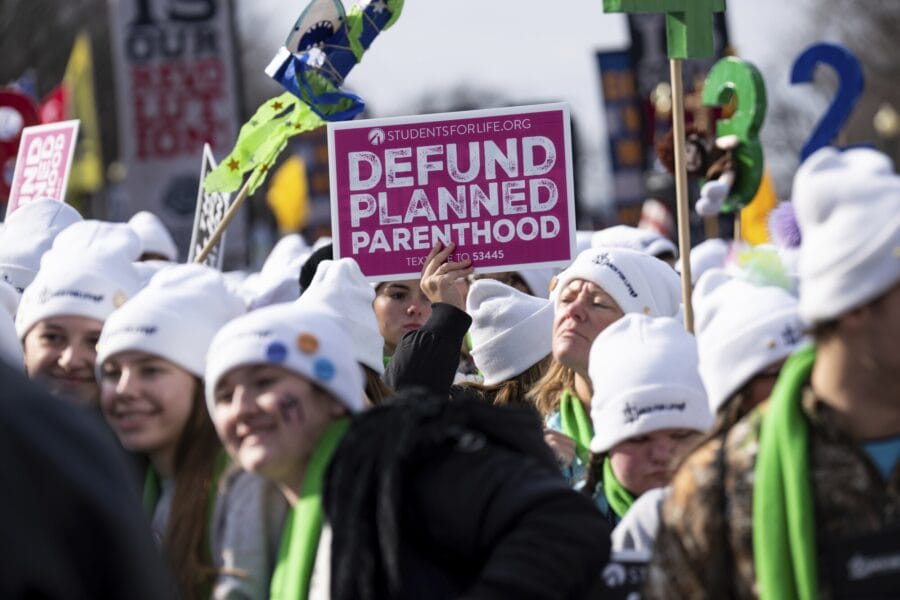The third day of Supreme Court nominee Brett Kavanaugh’s confirmation hearing featured a second (“lightning”) round of questions for the nominee by committee members. Two strains in this now long-running political opera became clear Thursday: Judge Kavanaugh’s high and clear aria of constitutional liberty, expressed in his devotion to Federalism, separation of powers and a strong Bill of Rights; and a contrapuntal, almost comic undertone of Democratic frustration as their failure to derail Kavanaugh is becoming clear to all.
The morning began with a declaration by Democratic Senator Cory Booker (NJ) that he would engage in a “Spartacus moment” by publicly releasing emails that had been marked “Committee Confidential,” in spite of the possibility that censure might follow for violating Senate rules. It later developed that the emails had been released to the public hours earlier. Chairman Grassley, commenting on this political grandstanding, declared, “Anyone who didn’t get documents released to use at the hearing has only themselves to blame,” and he read from his letter inviting any members to identify documents to use in the hearing by Aug. 28th and offering to work with the Department of Justice and the National Archives to redact them. Senator Booker’s intended “Spartacus moment” went bust.
Kavanaugh testified about one of the confidential emails, leaked to the media shortly before the hearing, which involved discussions about an op-ed regarding Roe he was asked to revise while in the White House. He proposed revising the email to water down a reference to Roe as “settled law.” In response to a question about the email from Senator Orrin Hatch (R-UT), Judge Kavanaugh stated that he was simply saying what legal academics would say about the position of several Justices on the Court. Senator Susan Collins of Maine later reportedly remarked that she saw little importance in the statement. “I am told that he was editing an op-ed for clarity and was merely stating a fact that three judges on the court were anti-Roe,” Collins said. “If that’s the case then, and it’s not expressing his view, then I’m not sure what the point is.”
In a positive highlight from Thursday’s session, Kavanaugh explained his view that “narrow severability” should ordinarily be the remedy if a provision of a law is held unconstitutional. This accords with the Chief Justice Roberts’- brokered unanimous opinion in Ayotte v Planned Parenthood in 2006, and strongly suggests that Kavanaugh may be another vote against the “abortion post hoc nullification machine” that has become Supreme Court abortion jurisprudence.
Senator Amy Klobuchar from Minnesota went after Kavanaugh for lauding the decision in Brown v. Board of Education that overturned a terrible “separate but equal” precedent but refusing to comment on Roe. “What’s the difference with Roe?”, she asked. Judge Kavanaugh responded that he was “just following the line set by the current eight Justices,” who’ve done the same, noting “Brown is a case the current Court has agreed upon.” Brown was “correct because it corrected a historic mistake,” he remarked.
The hearing will wrap up Friday with panels of witnesses both for and against Judge Kavanaugh’s nomination. The committee has reportedly set a date of September 20thfor its referral to the full Senate (an “up or down” recommendation, and not technically a vote), followed soon afterward by a full Senate vote. It seems more and more likely that Justice Kavanaugh will take his seat in the Supreme Court by its opening day of the term, October 1st.
Judge Kavanaugh is a big sports fan, so here’s a metaphor for his nomination: Kavanaugh will slide into home well ahead of the tag. Possibly he will come home standing up.



